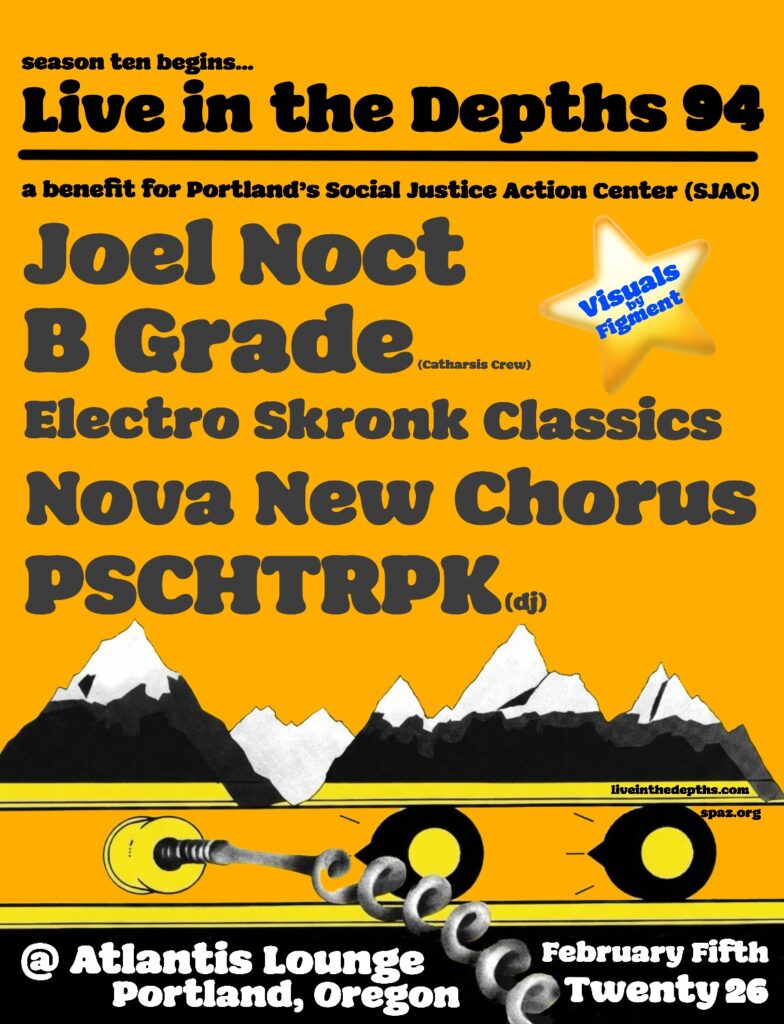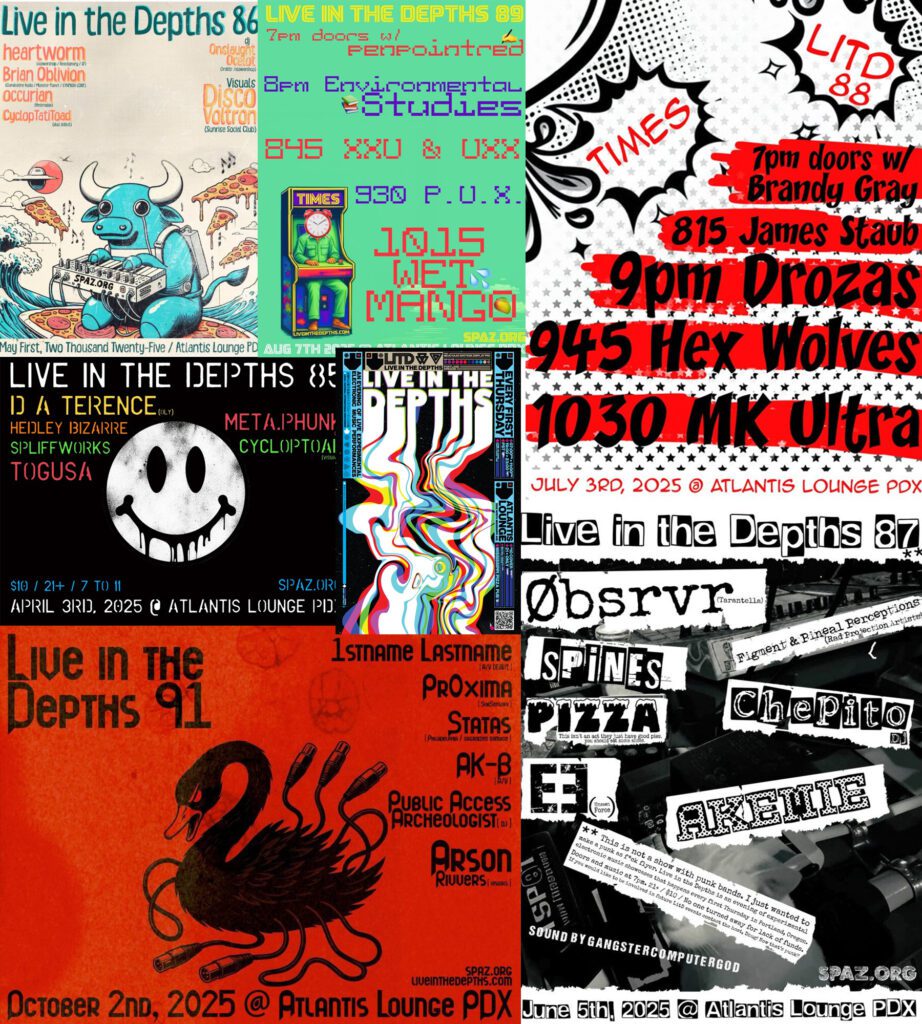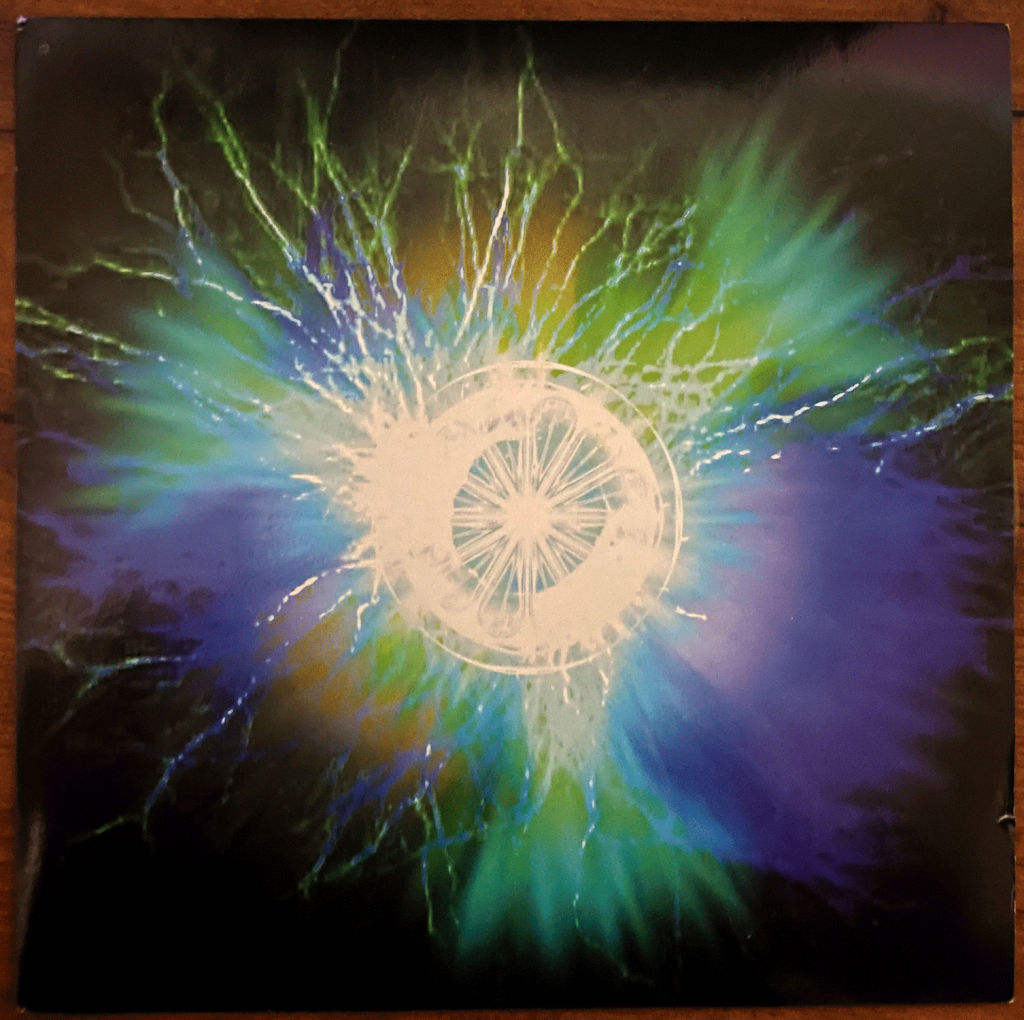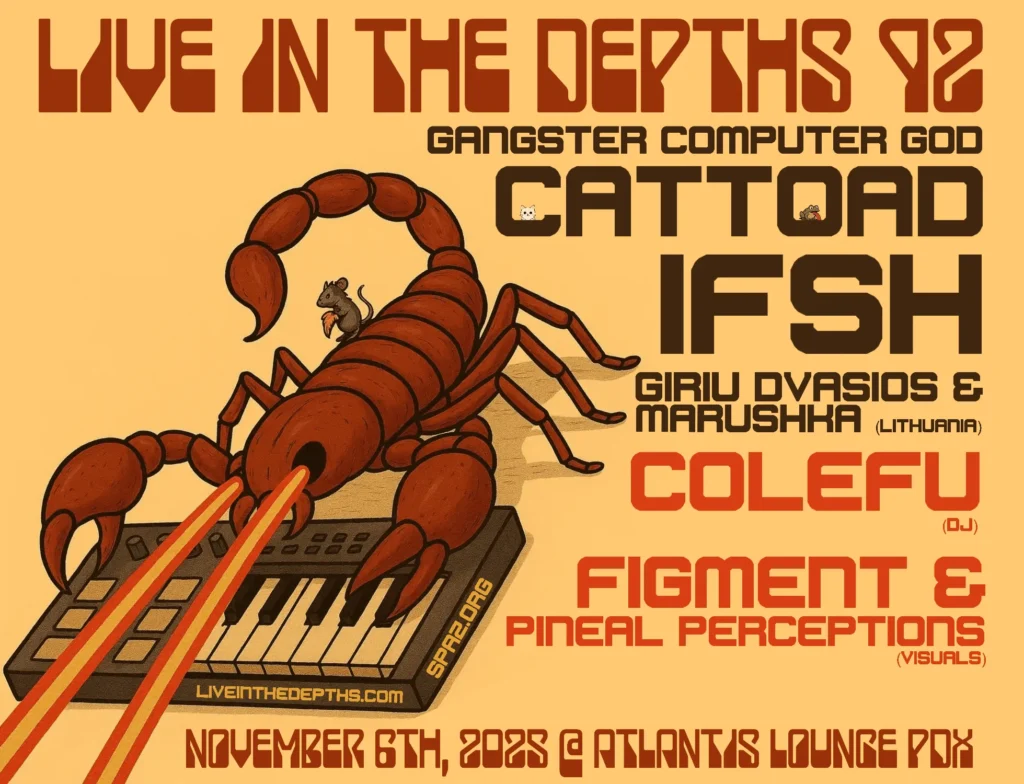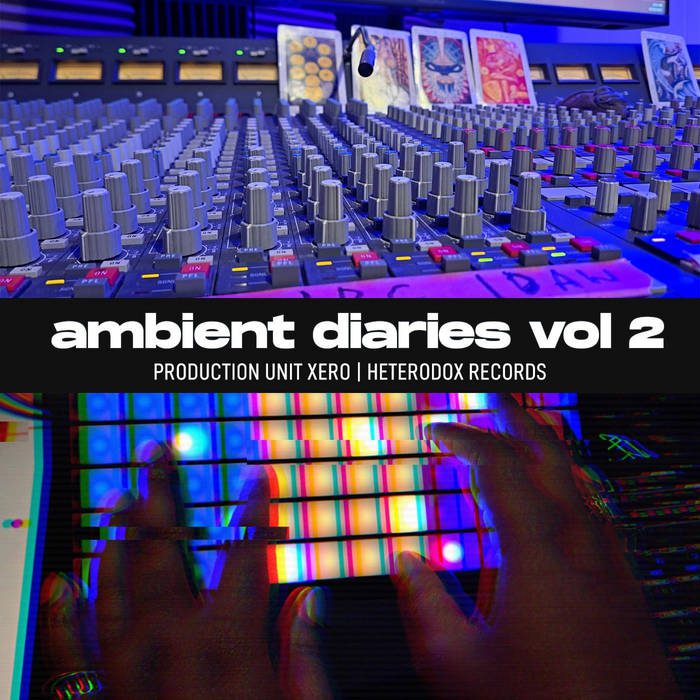Thanksgiving – We Could Be Each Other’s Evidence (2002) Album Review
Released when he was just 15, Adrian Orange’s first album as Thanksgiving is frighteningly full-formed. It’s also a fascinating snapshot of a time before Portland took the spotlight.

We Could Be Each Other’s Evidence is a very Portland record. Usually comprised of nothing more than a lone guitar, maybe a little rickety drums, and Orange’s reedy, searching vocals – with a gang of uncredited conspirators providing backing gang vocals like a pack of wolves, howling the moon – bears the unmistakable thumbprint of Elliott Smith’s XO, all multi-tracked acoustic instruments recorded in bare, high-ceilinged wooden rooms. You can practically feel the draft, see the drops of condensation forming on the window, refracting the grey, skeletal world outside into an impressionist charcoal blur. It’s simultaneously intimate, cozy and utterly alienating, like eavesdropping on a private conversation between visitors from another planet.
Thanksgiving’s first record also helps to conceptualize Portland’s place in the greater Pacific Northwestern indie rock landscape. Although We Could Be Each Other’s Evidence is largely a solo joint, barring some contributions Aaron Franquero, Marriage Records’ Curtis Knapp, and Tim Harte, Orange has ties to a good chunk of what would become some of the most influential Pacific Northwestern indie of the 21st Century, particularly the uncategorizable lofi punk folk twee of Olympia, Wa.’s K Records. He’s also got ties to some of Portland’s strangest, most-singular talents, playing with psych folk shaman Jackie O-Motherfucker, the hauntingly murky Watery Graves of Portland, and the uncageable noise terrorists Rob Walmart, who for years would only perform out of the back of a decommissioned ambulance. These are transmissions from a lost world, difficult to conceptualize with Portland occupying the national imagination so much the last 15 years; punk pirate emanations with little aspiration to be heard by anyone other than yr neighbor three doors down.
Most notable is the influence of Anacortes, Washington’s The Microphones/Mount Eerie, who is a longtime friend and collaborator. There’s the same punk folk immediacy – tuning very much optional – the same ebullient camaraderie, like some laurel-leaved Dionysian mystery cult shrieking to the stars in front of blazing bonfires. While Phil Elverum’s music seems to radiate cosmic warmth and winsome, wholesome good health, Orange’s music is a far shadowier affair, growing mad on mildewed vellum instead of drawing solar strength. Some use the fire to light their lanterns, staying awake to study all night. Others just burn.
Orange’s spiraling sounds so good, though, although maybe not by any A&R standards. Again, tuning is very much optional on these 11 tracks. That goes for the vocals as much as the guitars, that often churn and chime like a slack-key lute instead of something used to make the blues. We Could Be Each Other’s Evidence mines a similar murky terrain as Jandek, although less sharp and discordant. For all of its rough edges, it seems obvious that Thanksgiving are trying to be musical, if not necessarily top the charts. Orange’s guitar playing is solid-if-not-flashy and there’s a catchy, memorable quality to the guitars and vocals that will leave you humming these strange, subjective songs long after they’re finished, imprinting themselves and becoming part of your permanent mixtape.
We Could Be Each Other’s Evidence is a fascinating beginning to a long, idiosyncratic career. Like so many creatives probably everywhere but especially in Portland back in the day, Orange has suffered from substance abuse and mental illness over the years, becoming an infamously messy public figure while still managing to hold on. It’s also a glimpse into a Portland that not many people that don’t live here get to see, a world of packed, sweaty basement shows and plywood bars, convenience store aimlessness with a strong pagan current crackling just barely beneath the surface. It’s a great debut that deserves to be heard by more people.


